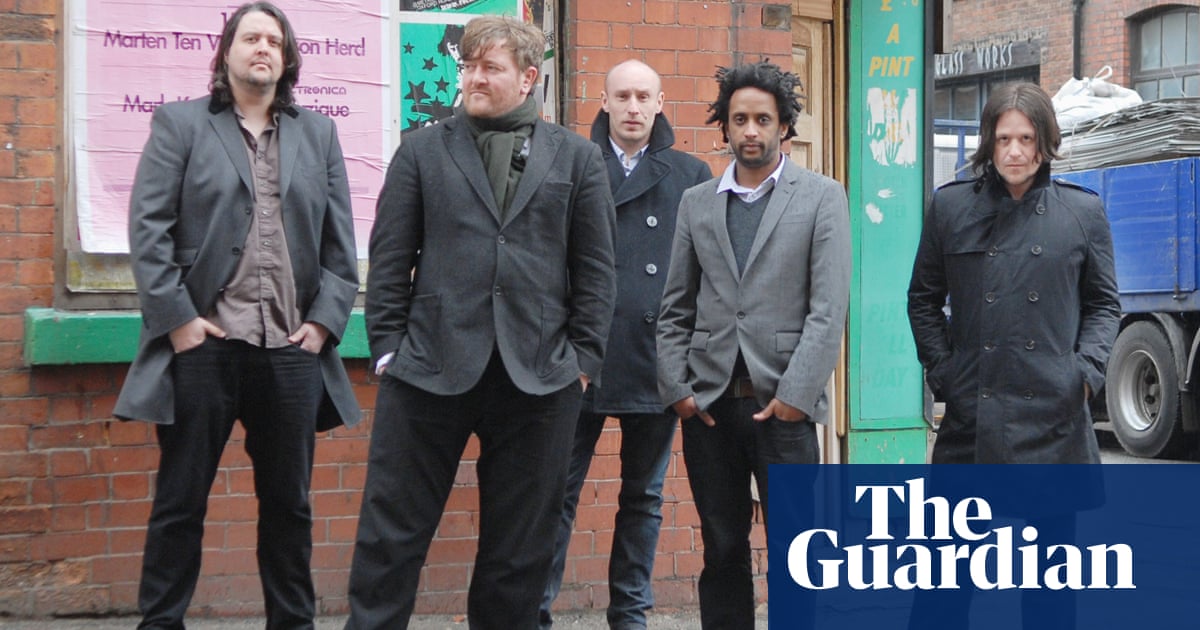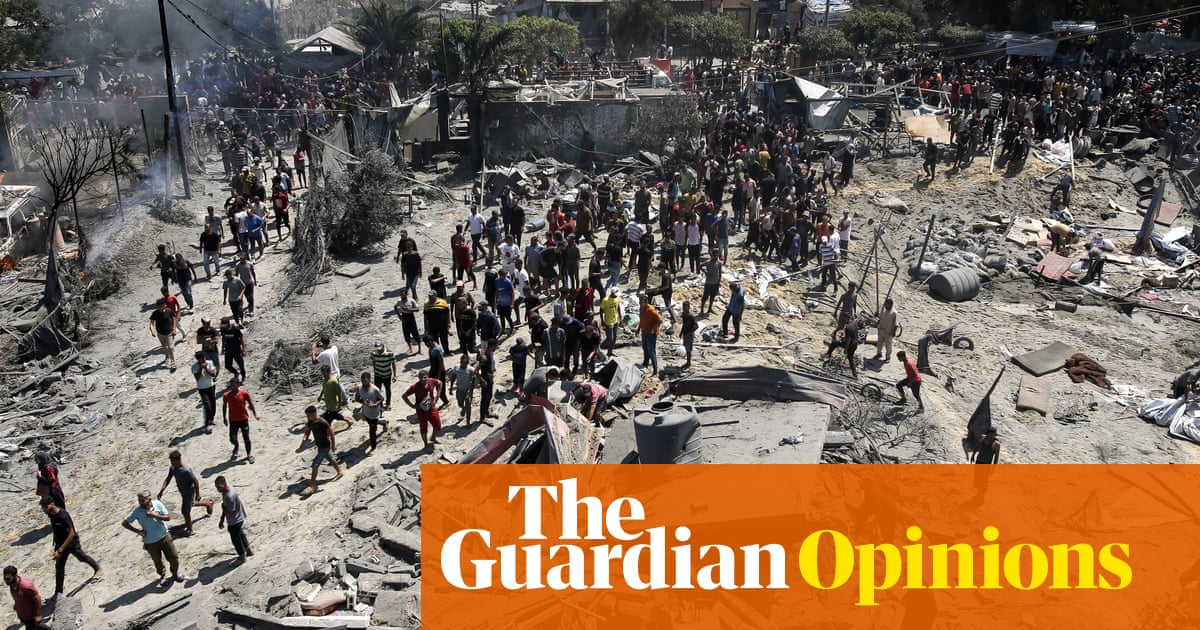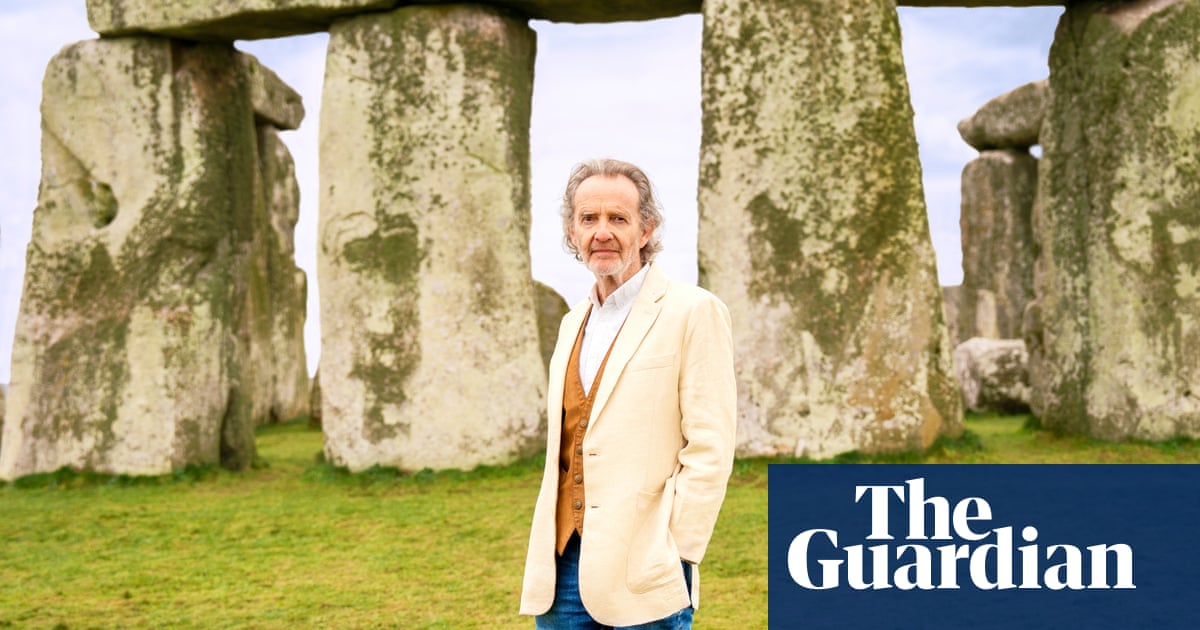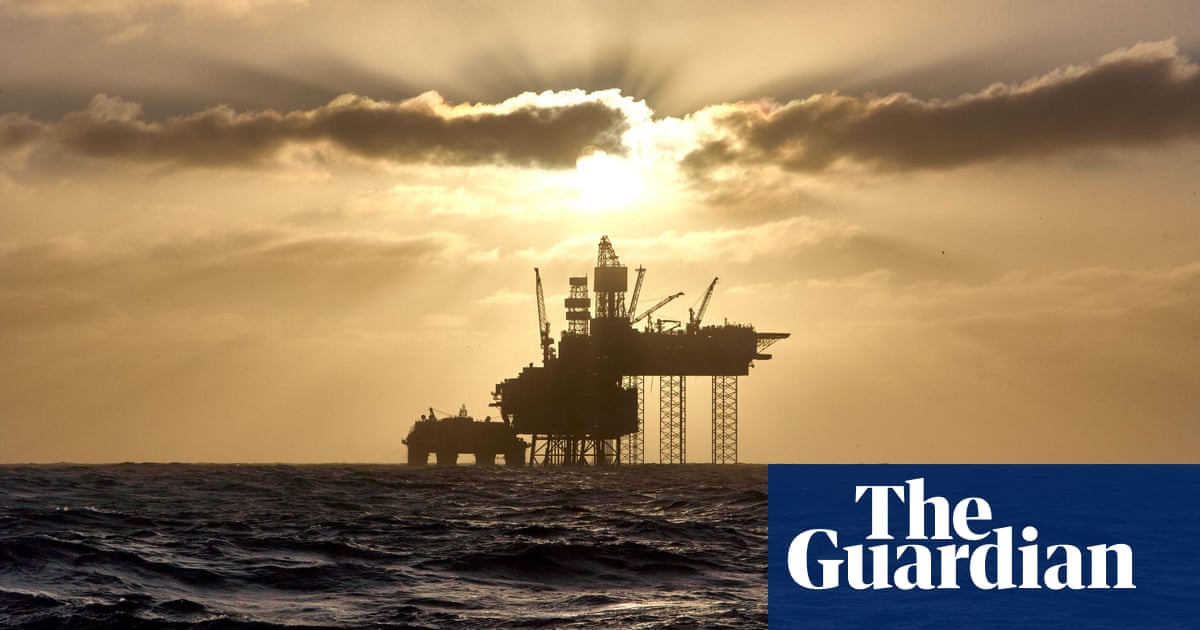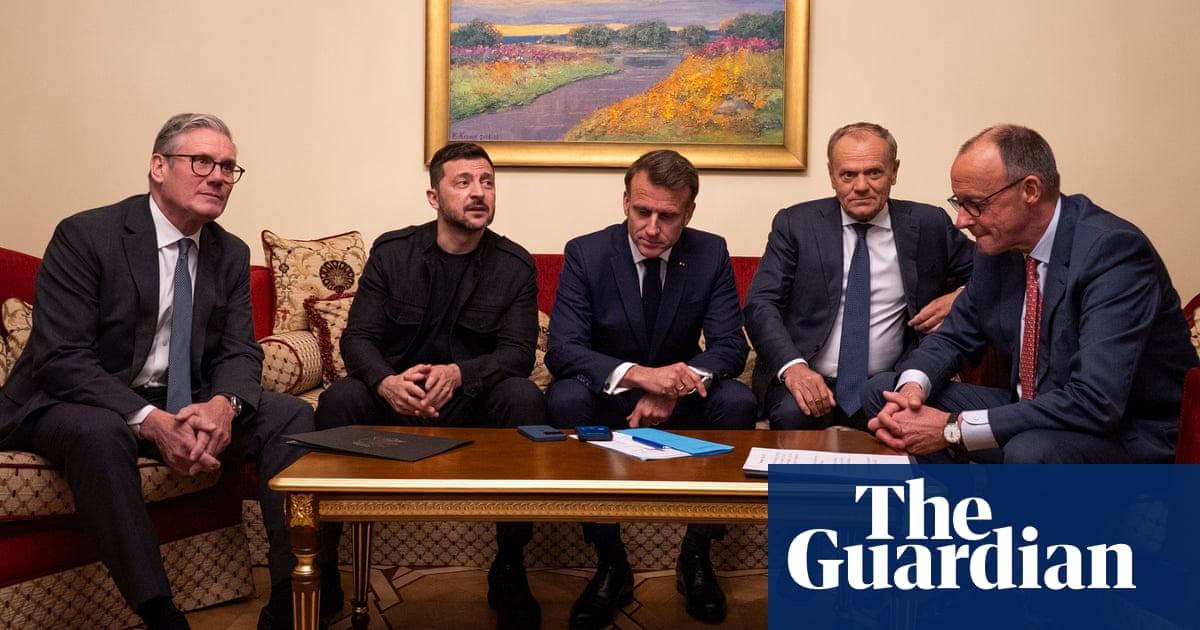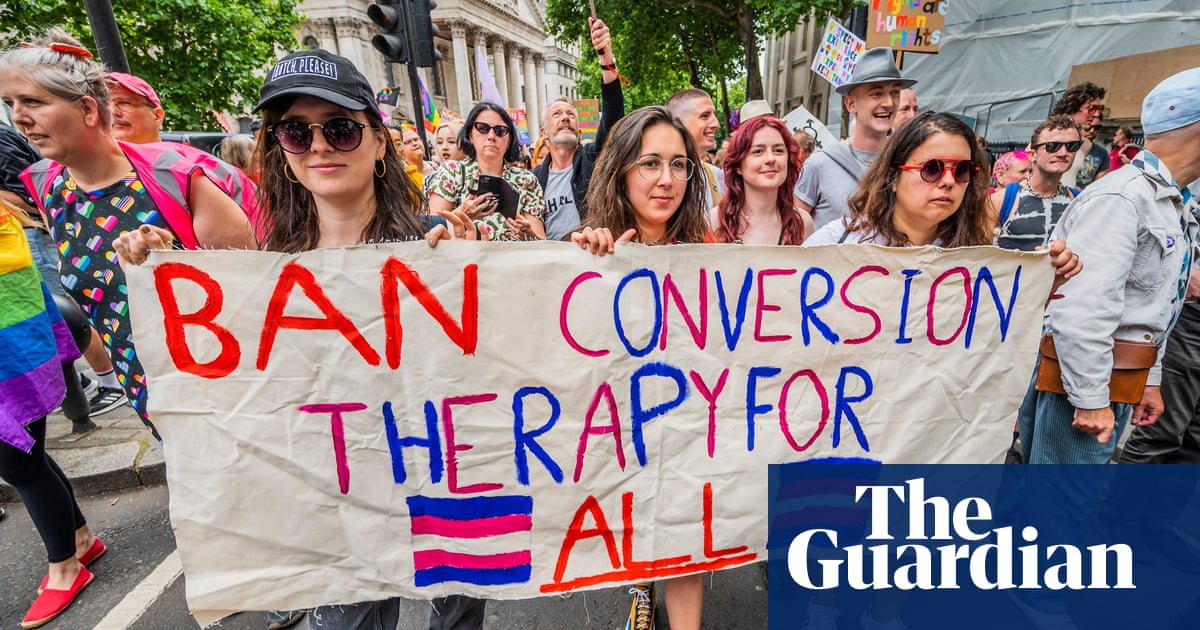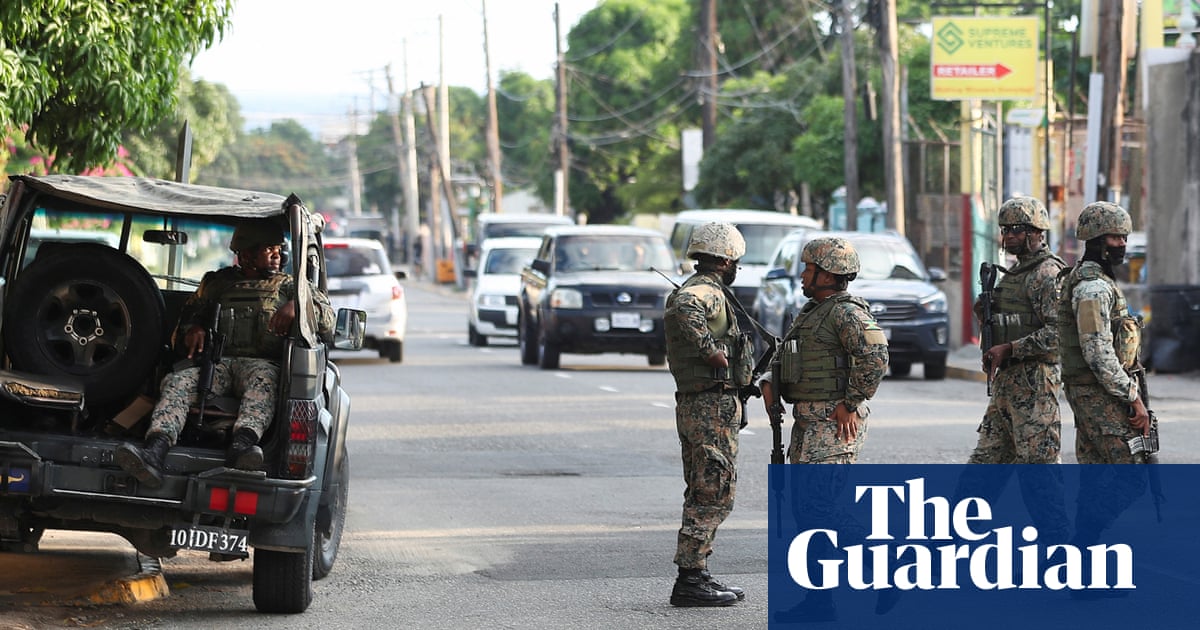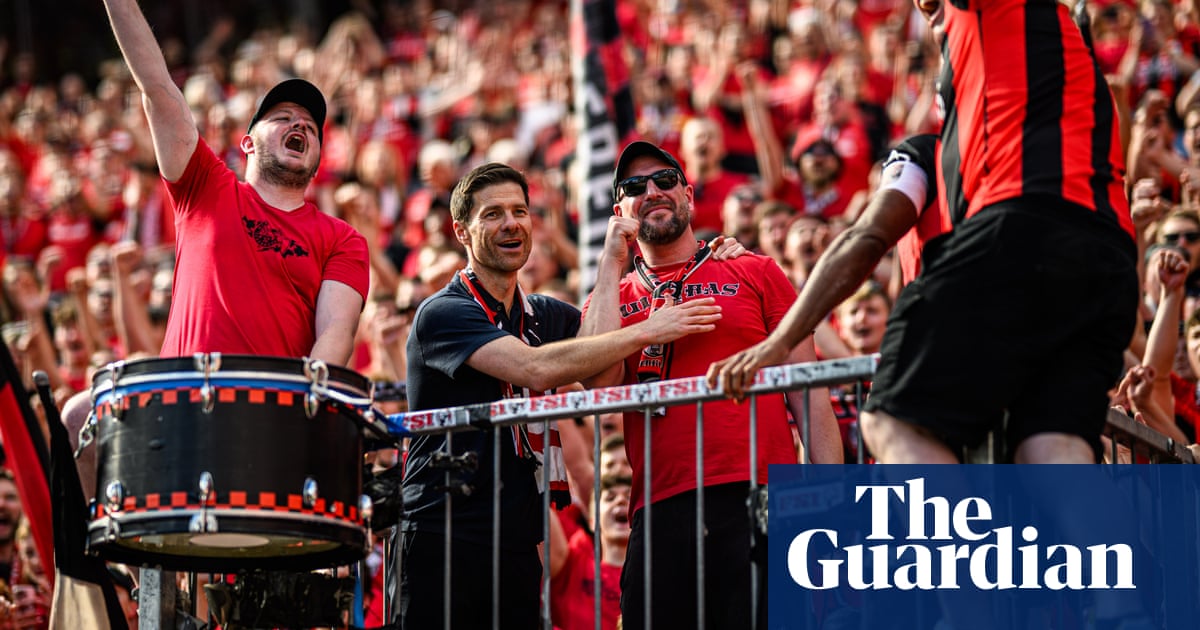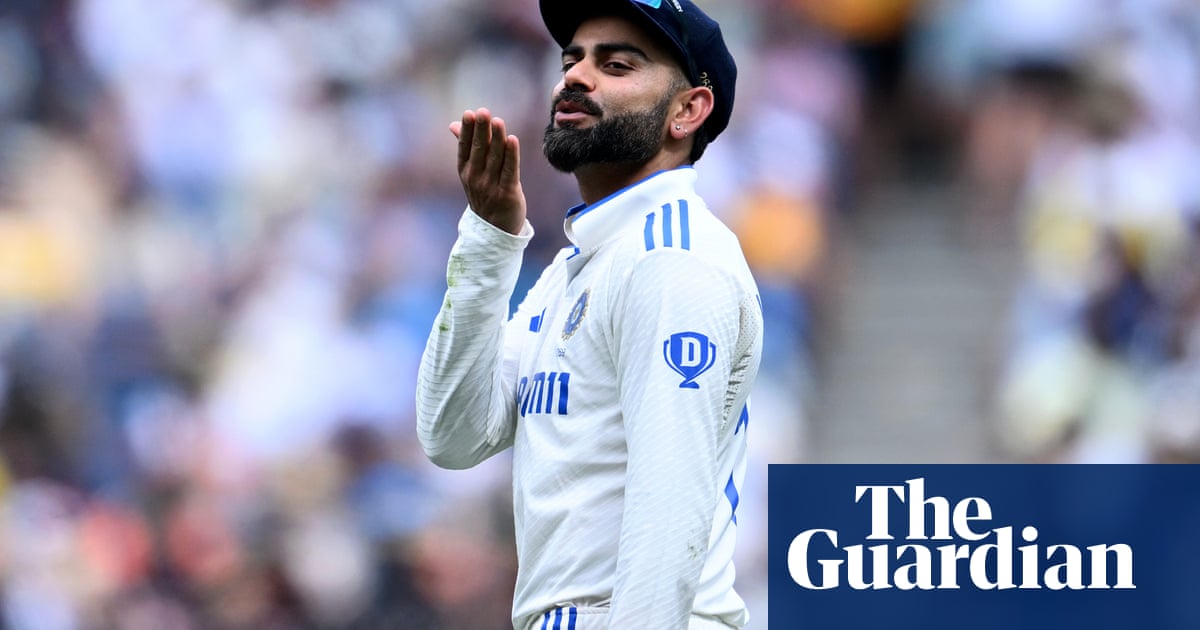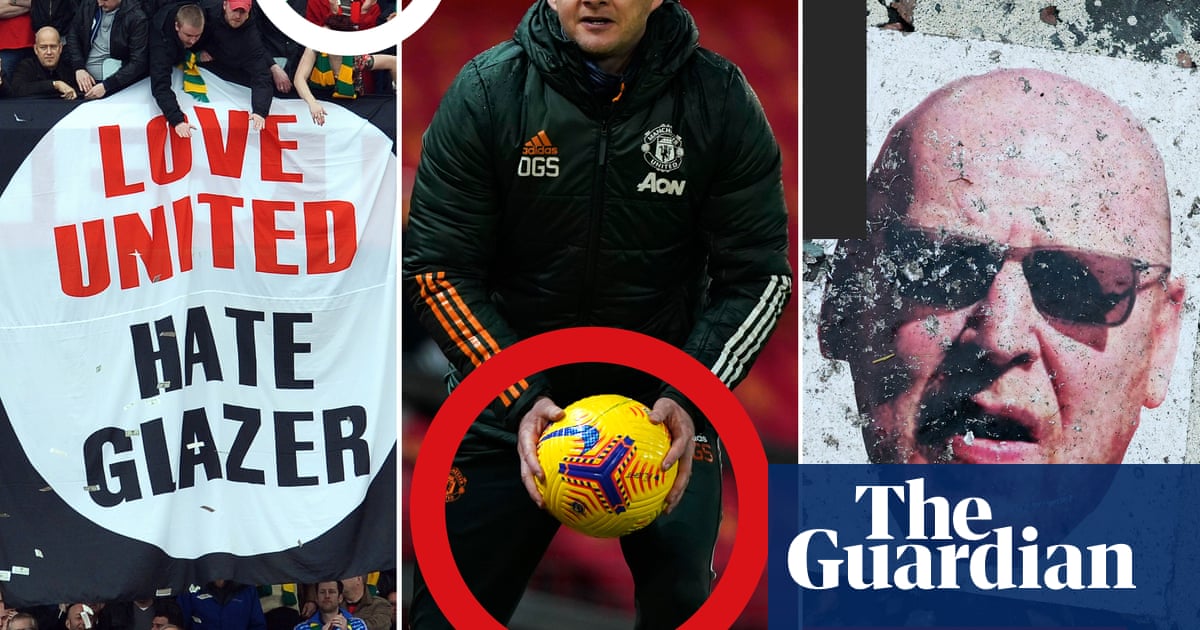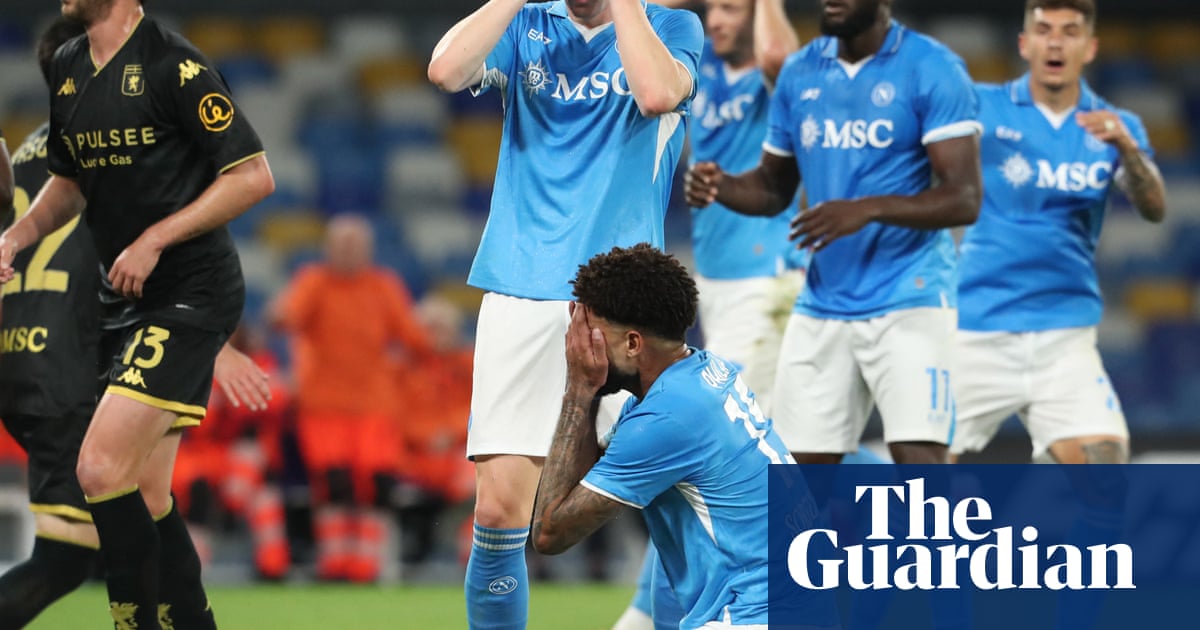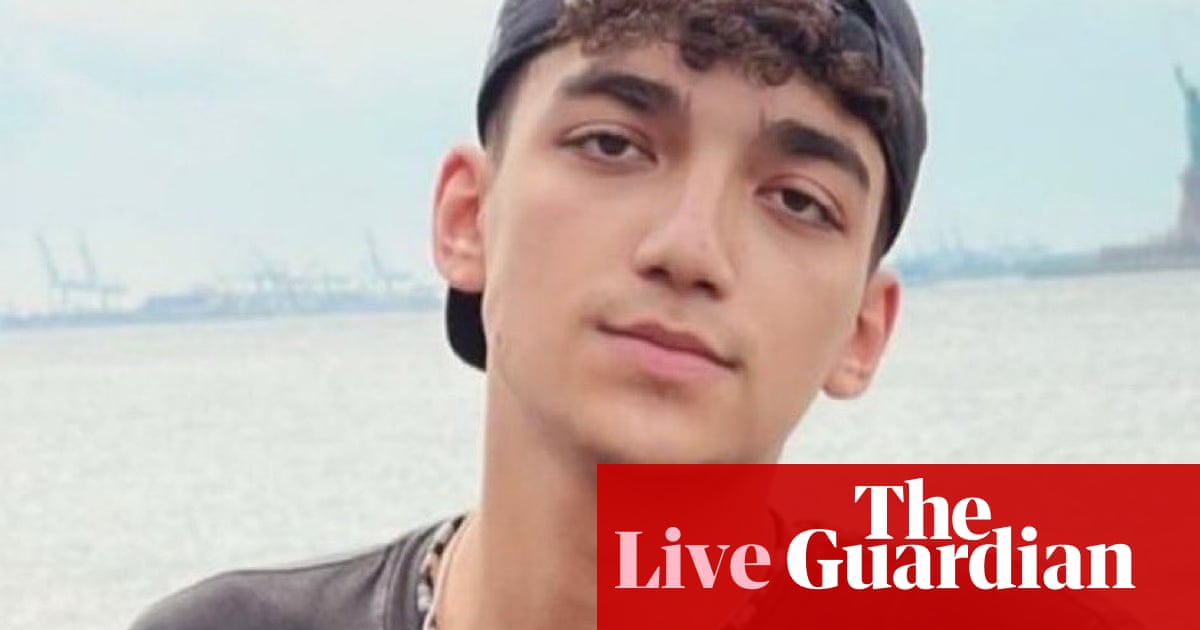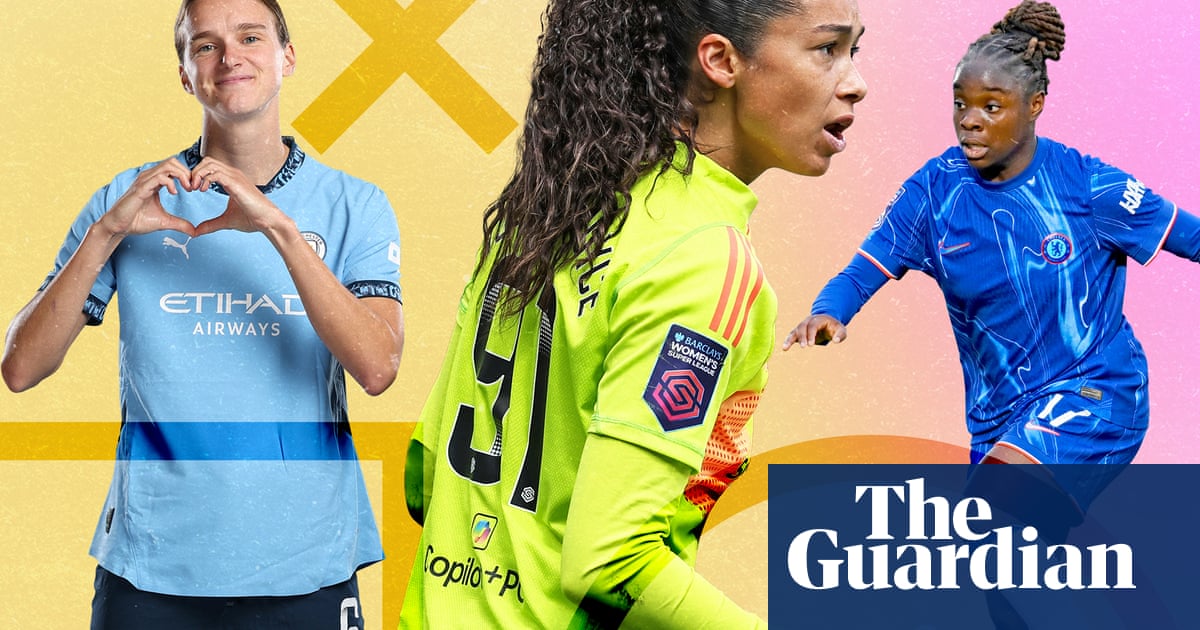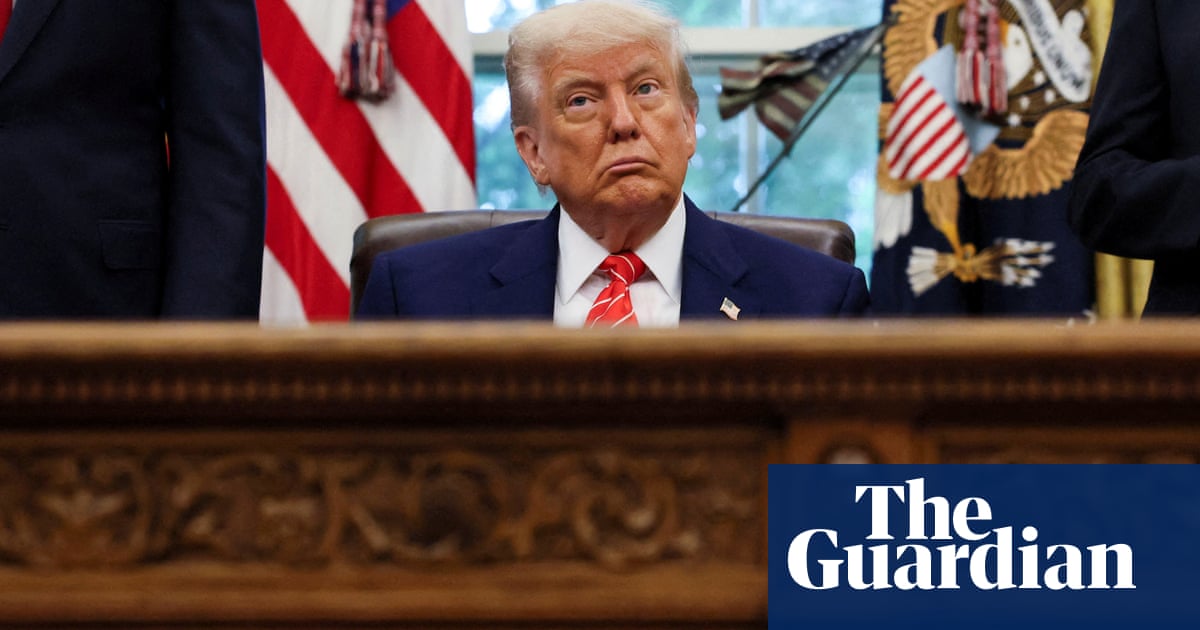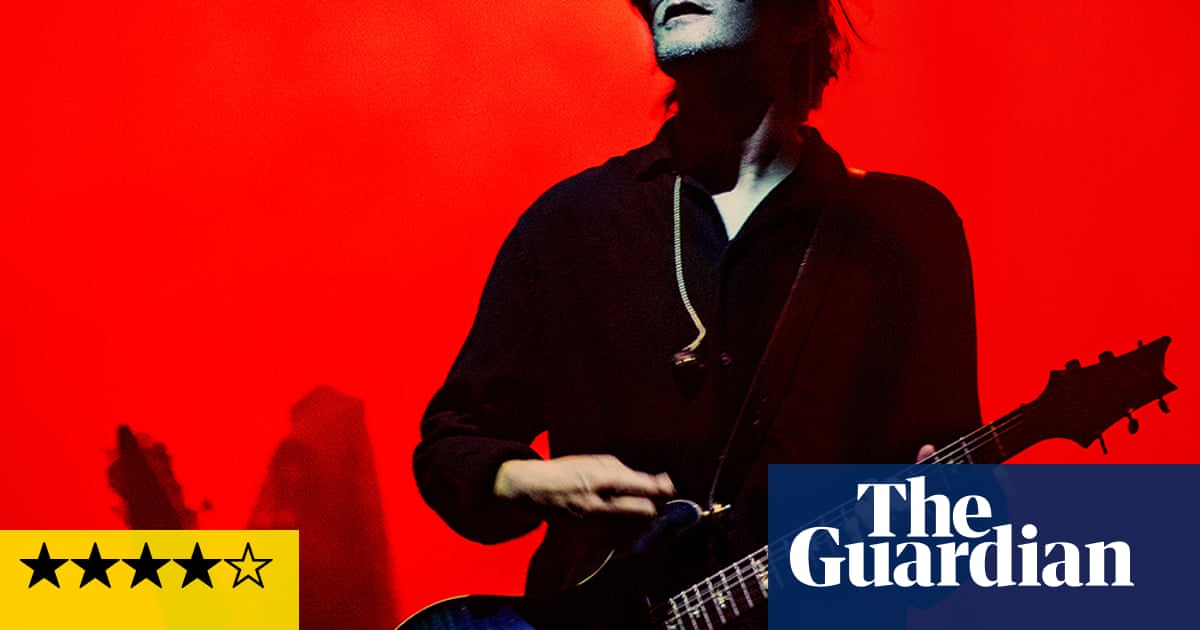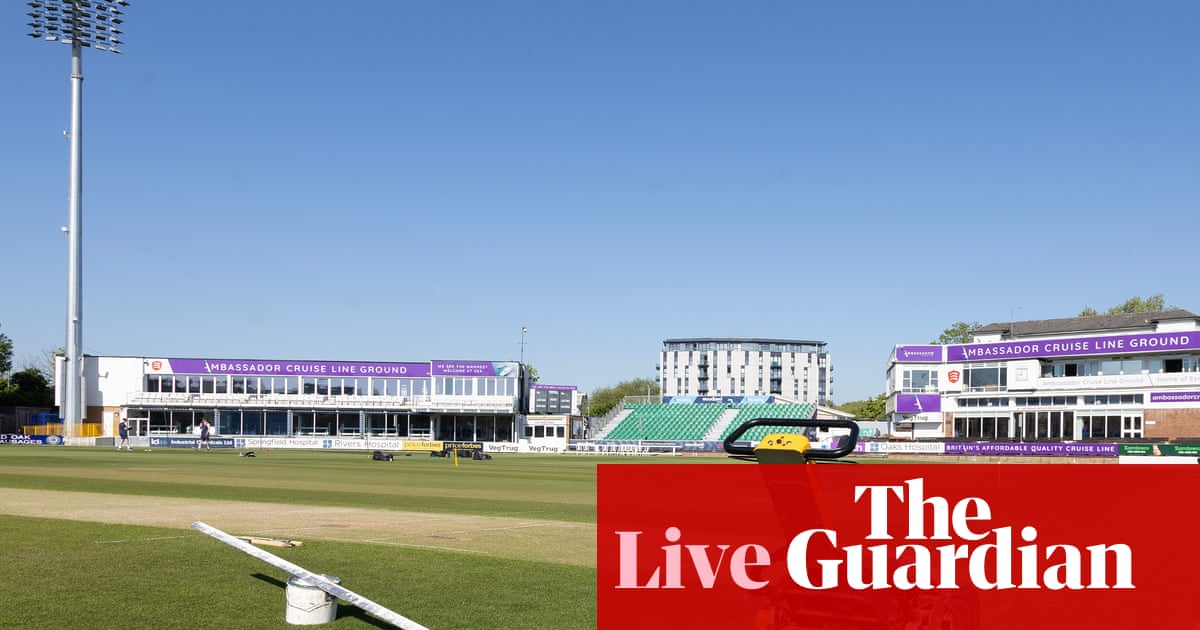EU's Kallas accuses Russia of 'playing games,' hints at EU-UK defence deal next week
And the EU’s foreign policy chief Kaja Kallas is speaking now, and she’s striking a very similar tone, pointedly referring to over 100 Russian drones reportedly targeting Ukraine overnight.
“We have to put pressure on Russia to really want peace and to sit down and to talk with Ukraine,” she says, accusing Moscow of “playing games.”
“If they are, if they are continuing bombing Ukraine all the time, if there’s no ceasefire, there can’t be talks under fire,” she tells reporters.
She also sounds positive on the prospect of a new EU-UK defence and security cooperation deal, which could be signed at the first post-Brexit summit next week.
She says the relationship is “very important in this very turbulent time,” and that she hopes “we get this agreement signed” at the summit.
Asked about specific areas it could cover, she points to cybersecurity, crisis response and cooperation, and “different topics where we already exchange information, intelligence-sharing, and all these facts that make us both stronger.”
Key events Show key events only Please turn on JavaScript to use this feature
Lovely occasion to welcome new pope, but we will soon need to hear more on key issues - snap analysis
Angela Giuffrida
With more than six thousand journalists accredited to cover the conclave, everyone wanted a glimpse of Pope Leo XIV and to hear what he had to say.
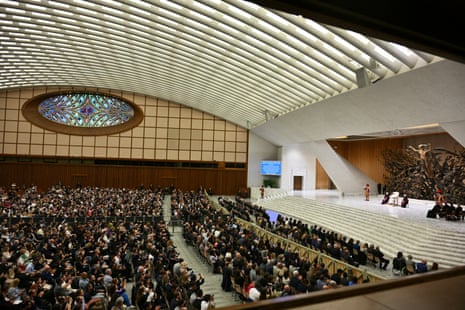
It was lovely to hear his words of appreciation for the jobs we do and his expression of solidarity with journalists who are in prison for trying to do their job.
But as welcome as that sentiment was, it would have been good to have got a more concrete line from him about how the church under his papacy plans to tackle some of the key issues, including the widespread issue of clerical sexual abuse.
Perhaps this papal audience was not the right place and time for making that statement.
Still, a lot of journalists and, more importantly, the people who have been victims of clerical sexual abuse and long waited for clarity and justice want to know how he’s going to approach this issue.
At some point soon, we will have to make his position clear as that remains one of the top tasks in his in-tray.
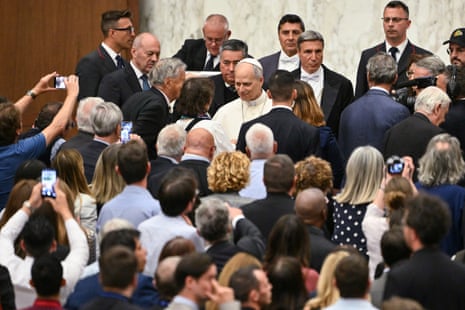
Ukraine's Zelensky spoke with Pope Leo on war, abducted children; invited him for visit
And as Pope Leo wraps up his speech, Ukrainian president Volodymyr Zelenskyy has just posted a social media update revealing that he spoke with the new head of the Roman Catholic church.
Zelenskyy says the pair had “a very warm and truly substantive” conversation, thanking him for his words “about the need to achieve a just and lasting peace.”
He adds they talked about the fate of thousands of Ukrainian children abducted by Russia, calling for the Vatican’s “assistance in bringing them home to their families.”
“Ukraine wants to end this war and is doing everything to achieve that. We now await similar steps from Russia,” he says.
Finally, he says the he invited the pope to make a visit to Ukraine, saying “such a visit would bring real hope to all believers and to all our people.”
Pope Leo urges journalists to reject 'prejudice and resentment' and calls for 'responsibility' on AI in first address to media
Pope Leo then says that one of the most important challenges he sees is how to “promote communication that can bring us out of the Tower of Babel in which we sometimes find ourselves, out of the confusion of loveless languages that are often ideological or partisan.”
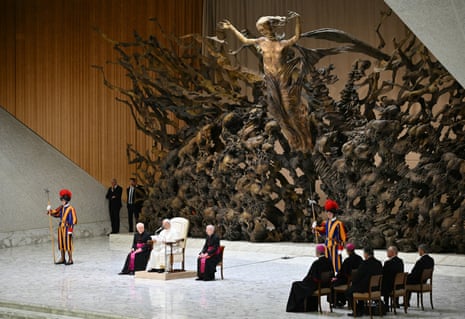
Curiously, he then turns to artificial intelligence, which he hails its “immense potential,” but also warns that it “requires responsibility and discernment in order to ensure that it can be used for the good of all, so that it can benefit all of humanity.”
He then returns to his main message:
“Let us disarm communication of all prejudice and resentment, fanaticism and even hatred, let us free it from aggression.
We do not need loud, forceful communication, but rather communication that is capable of listening and of gathering the voices of the weak who have no voice.”
He asks reporters to “ask to choose consciously and courageously the path of communication in favour of peace,” before blessing the journalists gathered in the Paul VI Audience Hall.
He doesn’t take questions, but goes off stage, down some steps, to speak to some of those in attendance.
Pope Leo gets very warm welcome as he comes on stage and after first round of applause, he jokes in English that he hopes they still be awake and want to applaud him at the end of the meeting.
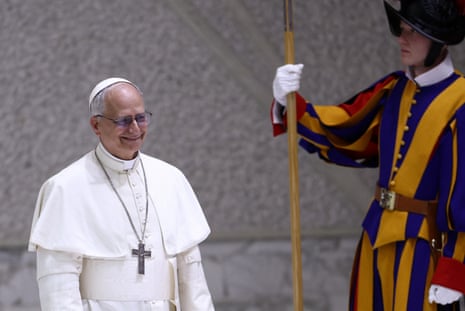
He then switches to Italian, talking about the role of language in pursuit of peace.
Lauding the work of journalists worldwide, he also speaks about “the church’s solidarity with journalists who are imprisoned for seeking and reporting the truth, while also asking for their release” – and draws big applause from the audience in response.
He then thanks the Vatican press corps and correspondents for their reporting in recent weeks.
Pope Leo XIV's press conference about to get underway

Jakub Krupa
As the ministers start their talks behind the closed doors in Lancaster House, let me take you to the Vatican for a bit, as Pope Leo XIV is about to give his first press conference soon. Let’s see what he’s got to say.
You can follow the event on our live stream below, but I will bring you all the key updates here.
Spain's Albares urges Putin to 'give his answer' on peace
Spanish foreign minister José Manuel Albares is the last to speak with reporters on arrivals.
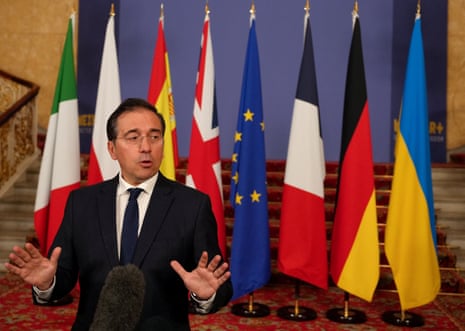
He says “the Europeans want peace, Ukraine … wants peace – now it’s up to Russia and Vladimir Putin to give their answer.”
Similarly to his German counterpart, he adds that Spain is “ready to continue support for Ukraine [for] as long as it takes.”
He warns that “a ceasefire is not an end in itself,” and says that a potential meeting in Istanbul later this week should only be pursued if it can serve as “a first step towards a just and lasting peace.”
“If … [it] is just a way of delaying and really kicking the ball down the [road], then it’s worthless,” he says.
West needs to pressure Putin to make him abandon his goals in Ukraine, Poland's Sikorski says, as he closes Russian consultate after arson claims
Poland’s foreign minister Radosław Sikorski is up now.
In his opening statement, he says “we hope that parties will find a way to cease fire and to have productive, real negotiations about ending this war and bringing back respect for international law.”
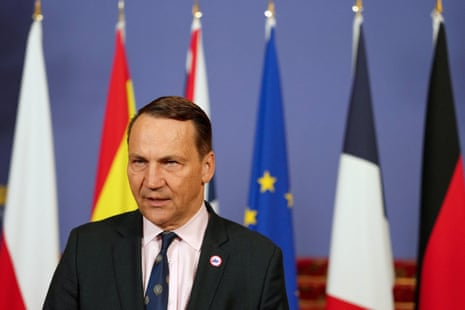
But he then goes further.
In Polish, he adds that the collective West needs to keep exerting pressure on Putin to “abandon his goals in Ukraine.”
He later adds in English:
“If he [Putin] yet again rejects it [ceasefire], then the logical conclusion is that pressure should be brought to bear not on the victim of aggression, but on the perpetrator of aggression, until he feels the pain and becomes more reasonable.”
Sikorski also mentions the Polish government’s decision to withdraw its authorisation for the Russian consulate in Kraków, forcing it to close.
The move comes after a government-led inquiry into last year’s fire that destroyed a large shopping centre in Warsaw. Poland’s prime minister Donald Tusk confirmed yesterday the fire was “caused by arson ordered by the Russian special services.”
“This is completely unacceptable, so the Russian consultate will have to leave. They will have one more, and if these attacks continue, we will take further action,” Sikorski says.
Responding to the decision, Russia’s foreign ministry spokesperson Maria Zakharova said that “an adequate response to these inadequate steps will follow shortly.”
EU's Kallas accuses Russia of 'playing games,' hints at EU-UK defence deal next week
And the EU’s foreign policy chief Kaja Kallas is speaking now, and she’s striking a very similar tone, pointedly referring to over 100 Russian drones reportedly targeting Ukraine overnight.
“We have to put pressure on Russia to really want peace and to sit down and to talk with Ukraine,” she says, accusing Moscow of “playing games.”
“If they are, if they are continuing bombing Ukraine all the time, if there’s no ceasefire, there can’t be talks under fire,” she tells reporters.
She also sounds positive on the prospect of a new EU-UK defence and security cooperation deal, which could be signed at the first post-Brexit summit next week.
She says the relationship is “very important in this very turbulent time,” and that she hopes “we get this agreement signed” at the summit.
Asked about specific areas it could cover, she points to cybersecurity, crisis response and cooperation, and “different topics where we already exchange information, intelligence-sharing, and all these facts that make us both stronger.”
France's Barrot calls for 'peace and negotiations,' says Russia could face 'massive sanctions' if it doesn't engage
French foreign minister Jean-Noël Barrot said France’s position was “very clear: we want peace, we want negotiations,” as he said “an unconditional truce in air, sea, ground for 30 days” was needed to unblock the talks.
“President Zelensky has shown time and time again, that he is open to negotiation that he wants diplomacy that he wants peace. … Meanwhile, Putin’s only response has been more bombing,” he said.
Barrot said that during the meeting, France will repeat its call “for diplomacy … and for massive sanctions if Russia once again refuses to engage seriously in diplomacy and continues its aggression … on the Ukrainian people.”
Germany 'expects Russia to agree to ceasefire,' new German foreign minister says
Arriving at the same conference, Germany’s new foreign minister Johann Wadephul said that Berlin “expects Russia to agree to a ceasefire and then be prepared to negotiate.”
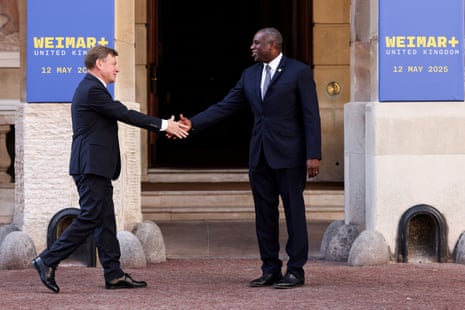
Should talks fail, Germany was ready to offer further arms packages for Ukraine, Reuters reported.
Wadephul also warned Russia about potential further consequences, including tighter sanctions against Moscow.
Putin must 'get serious' about peace talks, Britain's Lammy says
Speaking ahead of that meeting in London, Britain’s foreign secretary David Lammy said Russian president Vladimir Putin must “get serious” about engaging in peace talks, PA reported.

Lammy commended Ukraine’s president Volodymyr Zelenskyy for his “willingness to engage in talks,” and said “this is the time for Vladimir Putin to get serious about peace in Europe, to get serious about a ceasefire, and to get serious about talks.”
He also repeated the current line that European leaders are “prepared if this is not the moment of seriousness from Putin,” PA said.
Morning opening: The ceasefire that wasn't

Jakub Krupa
Despite the renewed offer of an immediate ceasefire, Ukraine said Russia had fired over a hundred drones overnight, hitting residential buildings in the Odesa region, among others.
In the meantime, we await a formal confirmation about potential direct meeting involving Ukraine and Russia in Turkey later this week, after US president Donald Trump and later Ukrainian president Volodymyr Zelenskyy urged Russia’s Vladimir Putin to attend high-level talks.
Zelenskyy and Putin have not communicated directly since Russia launched its full-scale invasion of Ukraine, and there have been no publicly known talks between Moscow and Kyiv since March 2022, shortly after the war began.
Trump said in a statement on his Truth Social platform that the two sides should “HAVE THE MEETING, NOW!!!”.
Meanwhile, Ukraine’s European allies keep raising pressure on Russia.
After the leaders’ visit in Kyiv over the weekend, foreign ministers from Britain, France, Germany, Italy, Poland, Spain and the EU meeting in London this morning to discuss what’s next for Ukraine and broader security issues.

I will bring you all the key updates throughout the day.
It’s Monday, 12 May 2025, it’s Jakub Krupa here, and this is Europe Live.
Good morning.

.png) 4 hours ago
2
4 hours ago
2
